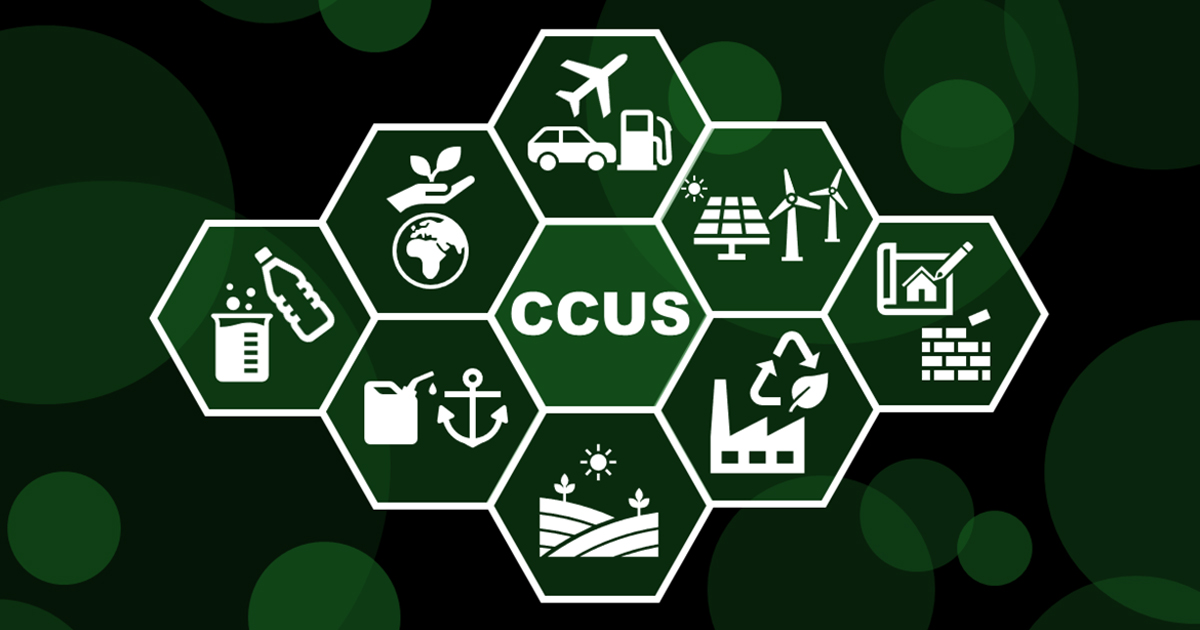Recent Advances in Carbon Capture, Utilization, and Storage Techniques
A special issue of Sustainability (ISSN 2071-1050). This special issue belongs to the section "Sustainable Chemical Engineering and Technology".
Deadline for manuscript submissions: closed (15 December 2025) | Viewed by 1815

Special Issue Editors
Interests: carbon capture and utilization; CO2 separation and sequestration; CO2 hydrogenation; hydrogen; methanol and dimethyl-ether dehydration; indium oxide; copper; iron oxides and iron carbides; heterogeneous catalysis; thermal integration; power-to-fuel systems; methanation and synthetic fuels
Interests: carbon capture and utilization; CO2 conversion to methane and synthetic fuels; power-to-gas systems; catalytic reactions over zeolites; pyrolysis and gasification
Special Issue Information
Dear Colleagues,
This Special Issue aims to comprehensively explore carbon capture, utilization, and storage (CCUS) technologies, highlighting recent innovations and challenges in terms of carbon-neutral and carbon-negative applications. The purpose of CCUS is to decarbonize sectors where emissions are hard to abate, such as cement, steel, and chemical production, while promoting circular economy principles for the mitigation of climate change, aligning with global sustainability goals, particularly SDG 7 (Affordable and Clean Energy) and SDG 13 (Climate Action).
Hence, this Special Issue welcomes original research articles and reviews related to both carbon capture and storage (CCS) and carbon capture and utilization (CCU) technologies.
CCS technologies focus on capturing CO2 from industrial and energy-related sources and securely storing it in geological formations, hence advances in this field have centered on improving the efficiency and cost-effectiveness of CCS technologies. Simultaneously, innovations in monitoring ensure safe, long-term storage by mitigating leakage risks. CCS provides a critical solution for reducing emissions in sectors where full decarbonization remains technologically challenging.
CCU, on the other hand, expands the scope of CCS by transforming CO2 into valuable products, such as methane, methanol, synthetic hydrocarbons, and other sustainable fuels, particularly when paired with green hydrogen produced using renewable energy. These fuels are pivotal for decarbonizing hard-to-electrify sectors such as aviation and shipping. Advances in environmental catalysis, including thermo-, photo- and electro-catalytic methods, are also enabling the transformation of CO2 into chemicals, polymers, and other industrial products, promoting circularity and resource efficiency.
Together, CCS and CCU are pivotal in achieving climate targets while fostering a circular carbon economy. By integrating with green hydrogen technologies and supporting sustainable transportation, CCUS strengthens its role as a cornerstone of global sustainability efforts.
We look forward to receiving your contributions.
Dr. Fabio Salomone
Dr. Emanuele Giglio
Guest Editors
Manuscript Submission Information
Manuscripts should be submitted online at www.mdpi.com by registering and logging in to this website. Once you are registered, click here to go to the submission form. Manuscripts can be submitted until the deadline. All submissions that pass pre-check are peer-reviewed. Accepted papers will be published continuously in the journal (as soon as accepted) and will be listed together on the special issue website. Research articles, review articles as well as short communications are invited. For planned papers, a title and short abstract (about 250 words) can be sent to the Editorial Office for assessment.
Submitted manuscripts should not have been published previously, nor be under consideration for publication elsewhere (except conference proceedings papers). All manuscripts are thoroughly refereed through a single-blind peer-review process. A guide for authors and other relevant information for submission of manuscripts is available on the Instructions for Authors page. Sustainability is an international peer-reviewed open access semimonthly journal published by MDPI.
Please visit the Instructions for Authors page before submitting a manuscript. The Article Processing Charge (APC) for publication in this open access journal is 2400 CHF (Swiss Francs). Submitted papers should be well formatted and use good English. Authors may use MDPI's English editing service prior to publication or during author revisions.
Keywords
- carbon capture and storage
- carbon capture and utilization
- CO2 hydrogenation
- synthetic fuels
- CO2 absorption
- solid sorbents
- membrane technologies
- CO2 valorization
- environmental catalysis
Benefits of Publishing in a Special Issue
- Ease of navigation: Grouping papers by topic helps scholars navigate broad scope journals more efficiently.
- Greater discoverability: Special Issues support the reach and impact of scientific research. Articles in Special Issues are more discoverable and cited more frequently.
- Expansion of research network: Special Issues facilitate connections among authors, fostering scientific collaborations.
- External promotion: Articles in Special Issues are often promoted through the journal's social media, increasing their visibility.
- Reprint: MDPI Books provides the opportunity to republish successful Special Issues in book format, both online and in print.
Further information on MDPI's Special Issue policies can be found here.





